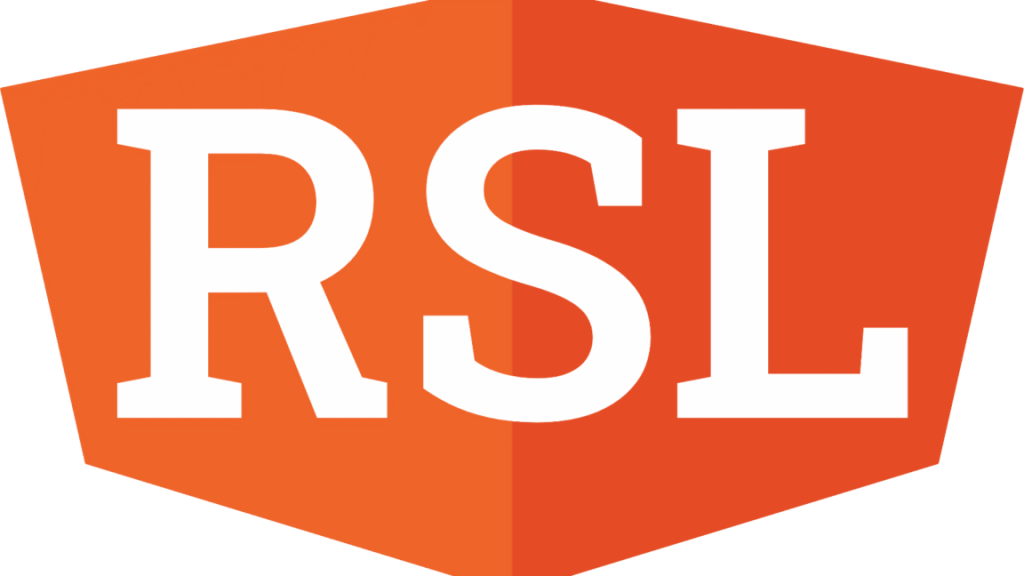Leading Internet companies and publishers—including Reddit, Yahoo, Quora, Medium, The Daily Beast, Fastly, and more—think there may finally be a solution to end AI crawlers hammering websites to scrape content without permission or compensation.
Announced Wednesday morning, the “Really Simply Licensing” (RSL) standard evolves robots.txt instructions by adding an automated licensing layer that’s designed to block bots that don’t fairly compensate creators for content.
Free for any publisher to use starting today, the RSL standard is an open, decentralized protocol that makes clear to AI crawlers and agents the terms for licensing, usage, and compensation of any content used to train AI, a press release noted.
The standard was created by the RSL Collective, which was founded by Doug Leeds, former CEO of Ask.com, and Eckart Walther, a former Yahoo vice president of products and co-creator of the RSS standard, which made it easy to syndicate content across the web.
Based on the “Really Simply Syndication” (RSS) standard, RSL terms can be applied to protect any digital content, including webpages, books, videos, and datasets. The new standard supports “a range of licensing, usage, and royalty models, including free, attribution, subscription, pay-per-crawl (publishers get compensated every time an AI application crawls their content), and pay-per-inference (publishers get compensated every time an AI application uses their content to generate a response),” the press release said.
Leeds told Ars that the idea to use the RSS “playbook” to roll out the RSL standard arose after he invited Walther to speak to University of California, Berkeley students at the end of last year. That’s when the longtime friends with search backgrounds began pondering how AI had changed the search industry, as publishers today are forced to compete with AI outputs referencing their own content as search traffic nosedives.

